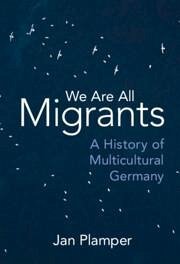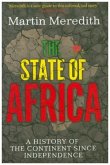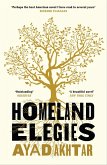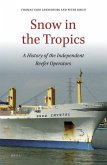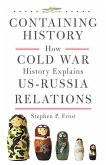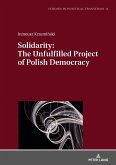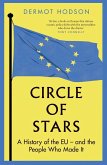In 2015, Germany agreed to accept a million Syrian refugees. The country had become an epicenter of global migration and one of Europe's most diverse countries. But was this influx of migration new to Germany? In this highly readable volume, Jan Plamper charts the groups and waves of post-1945 mobility to Germany. We Are All Migrants is the first narrative history of multicultural Germany told through life-stories. It explores the experiences of the 12.5 million German expellees from Eastern Europe who arrived at the end of the Second World War; the 14 million 'guest workers' from Italy and Turkey who turned West Germany into an economic powerhouse; the GDR's Vietnamese labor migrants; and the 2.3 million Germans and 230,000 Jews who came from the Soviet Union after 1987. Without minimizing racism, We Are All Migrants shows that immigration is a success story ¿ and that Germany has been, and is, one of the most fascinating laboratories on our planet in which multiple ways of belonging, and ethnic, national, and supranational identities, are hotly debated and messily lived.

